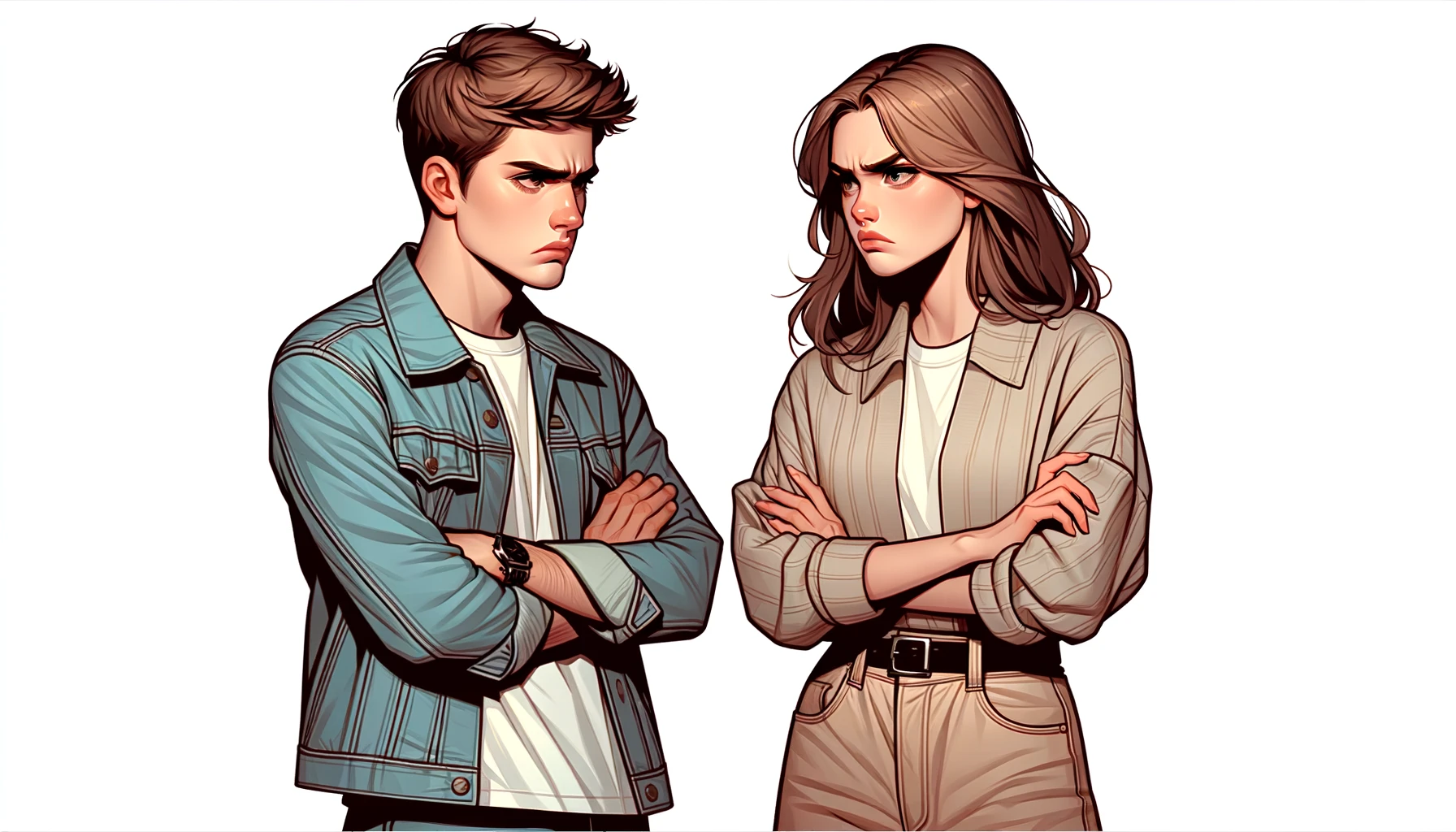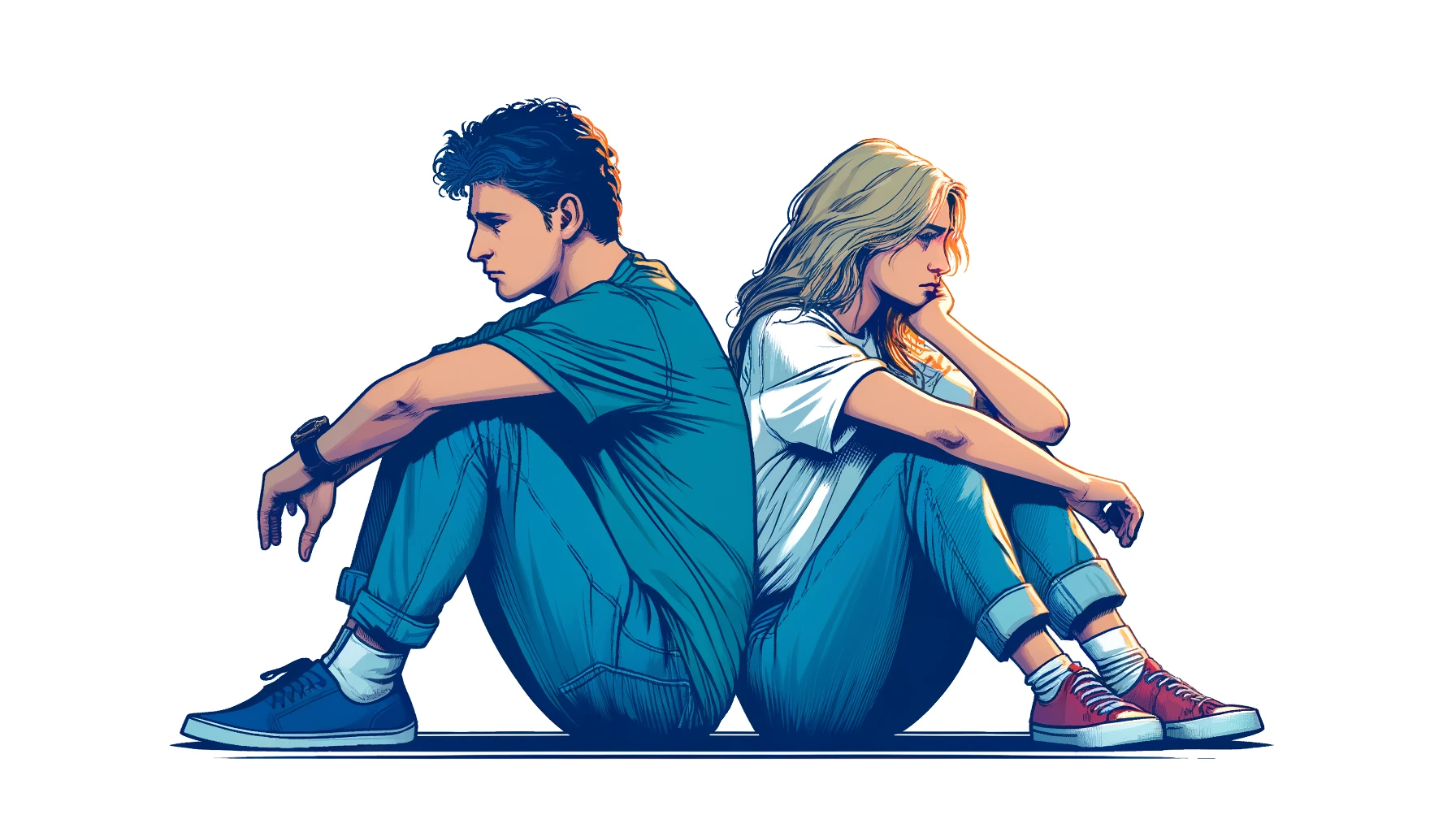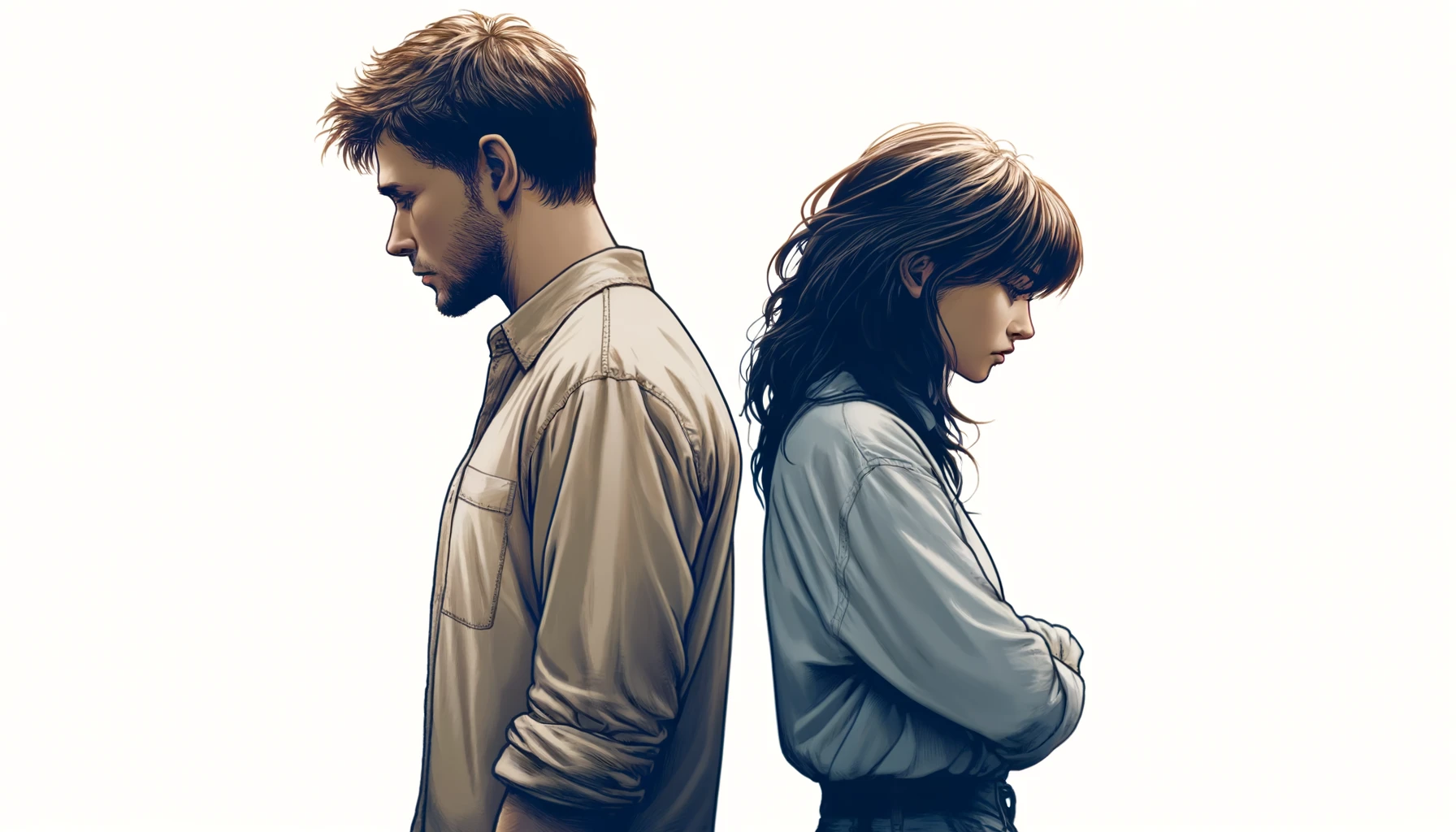Sharing is caring!
In any relationship, there are bound to be times when each person feels exhausted.
Maybe one you are always taking on more responsibility at home or work, or maybe the two of you are just constantly arguing.
No matter what the reason, being exhausted in your relationship can lead to a lot of tension and unhappiness.
If you find yourself feeling exhausted in your relationship, it may be because you’re trying your best to make things work.
You may also be the one causing the damages. Sometimes it may not be immediately clear what’s wrong, but checking in with yourself and looking at the following factors may help you figure out what needs to change.
1. You’re an “empath”
Though there are some advantages to being an empath, according to Judith Orloff, a psychiatrist, sometimes the downsides can be overwhelming. As she explained,
“The downside of being an empath is that empaths are sponges for the world’s angst. Without a membrane between themselves and the world, they unknowingly absorb other peope’s stress into their own bodies.”
Empathizers are people who are deeply affected by the emotions of others. Unfortunately, this can have some pretty draining effects.
Because empathizers are constantly picking up on the moods of their partners, it’s easy for them to become overwhelmed.
And while you probably don’t want to lose your empathic abilities, there are some things that you need to prioritize.
This doesn’t mean shutting down entirely, but it does mean that you should be able to maintain some form of personal boundaries.
If your partner is in a bad place, he or she will need you more than ever — which can be both comforting and exhilarating.
But when you’re drained, it’s often hard to tell the difference between empathy and obsession. So while you shouldn’t stop caring about your partner, you should also have some personal time.
2. You’re trying to fill the void of an absent parent

If your father or mother was uninvolved when you were a child, you’ve likely been carrying around some negative feelings about them ever since.
And if you form romantic relationships as an adult, you may subconsciously expect your partner to take on the role of a functional parent.
But here’s the thing: Trying to compensate for your childhood attachment with your relationships is unfair to both you and your partner.
Even if they give you the love and affection that you long for, they can never do what your parents couldn’t.
As Sheri Stritof explained in VeryWell Mind, expecting people to complete you or fulfill your emotional needs only leaves you feeling empty and even bitter.
This doesn’t mean that you have to stop looking for love, but it does suggest that your relationship is being affected by an unresolved issue from your past.
And if this is the case, you should consider seeking professional help so that you can heal your emotional wounds.
[Related: 5 Common Dating Mistakes That Often Ruins Relationships]
3. You have codependency issues
Codependency is a pattern of destructive behaviors that can lead to a variety of mental health problems. These issues often stem from a lack of self-worth and an inability to be alone.
When people with codependency enter into romantic relationships, they often feel the need to control their partners — and this can be very draining.
If you’ve been in a codependent relationship — or even a series of relationships — it’s important that you take some time away from your partner.
This doesn’t mean ending your relationship, but rather taking the steps necessary to heal yourself and be a better partner.
But if you haven’t been in a codependent relationship, it could still be worth thinking about whether or not this is something that you’re doing.
Because after all, people can often get into these dynamics without even realizing it.
4. You want to save everyone
In psychology, there’s something called the “Savior Complex.”
According to mental health counselor, Sarah Benton explained in Psychology Today, it’s a mental construct in which a person thinks he or she needs to save everyone.
These sort of people will seek out relationships with people who already have issues, either emotionally, mentally, etc., and they’ll try to fix them. But this pattern of living often leaves them emotionally drained.
Here’s the thing: When you’re constantly trying to compensate for your partner’s past experiences, you might find yourself putting his or her needs before your own — and this is very draining.
It’s normal for couples to help each other through tough times, but if they aren’t in a position to return the favor, it can be frustrating.
Going forward, a relationship must have the right dynamic to be enjoyable.
You cannot always be the fixer-upper, taking the blame, apologizing, and always thinking of ways to make things work. Both parties have to put in the effort to make a relationship work.
[Also Read: 9 Things Aries Hate In A Relationship]
5. You’re overwhelmed by intimacy and passion

Your relationship might be very loving, and that’s great. But if there isn’t a balance between love and lust, you can eventually become exhausted.
As we know, the chemistry of a new relationship is intoxicating — so much so that some people never want to let it go.
But after a while, the passion can become suffocating. You have to remember that you’re more than just your feelings.
And when you stop identifying with lust or love, you’ll find yourself wanting some distance from your partner.
Space is always needed for desire to grow.
As Jessica DuLong explained in Psychology Today, there must be a balance of love and lust in a relationship because the more one person does a thing, the less the other will want or do it.
Couples don’t always have the same needs and desires. Hence, it’s necessary that you observe how your partner responds to your advances and adjust accordingly.
6. You’re too concerned about the health of your relationship
Trying to maintain a happy, healthy, and fulfilling relationship can be very draining — especially if it’s not going well.
If you have a history of being sensitive to relationship problems, you may be carrying around some extra anxiety. And this anxiety can have some weird effects on you emotionally.
For some, it might manifest itself as tiredness or restlessness; for others, they may feel physically ill.
If this is the case, you should take some time to reflect on whether or not your relationship is healthy.
And if there are some serious problems but you feel completely disconnected from them, it may be worth considering couples therapy.
7. You’re not getting enough support from your friends and family
While romantic relationships are certainly important, it’s also worth thinking about your social support structure. After all, people who are in healthy relationships should still have people to lean on.
Unfortunately, bad romantic relationships can cause people to lose touch with friends and family.
And this lack of support could be what’s causing you to feel so tired or overwhelmed. Studies also show that disapproval of a relationship from one’s social cycle can negatively it in the long run.
So if you’re feeling like your partner is draining you dry, make time to see your friends and family.
You don’t necessarily need to spend an enormous amount of time with them; but even if it’s just for a few hours each week, you’ll probably feel much happier and more energized.
Final thoughts
Your relationship is one of the most important things you have. If you are feeling exhausted, it’s time to reevaluate your priorities and adjust accordingly.
By focusing on what brings joy back into your life, you will feel more energized in no time. Sometimes you might need to take a break from the relationship entirely.
It can be difficult to maintain a healthy relationship, but it is possible if you are conscious of the ways in which your behavior may be hurting your partner and vis versa.
Sharing is caring!
